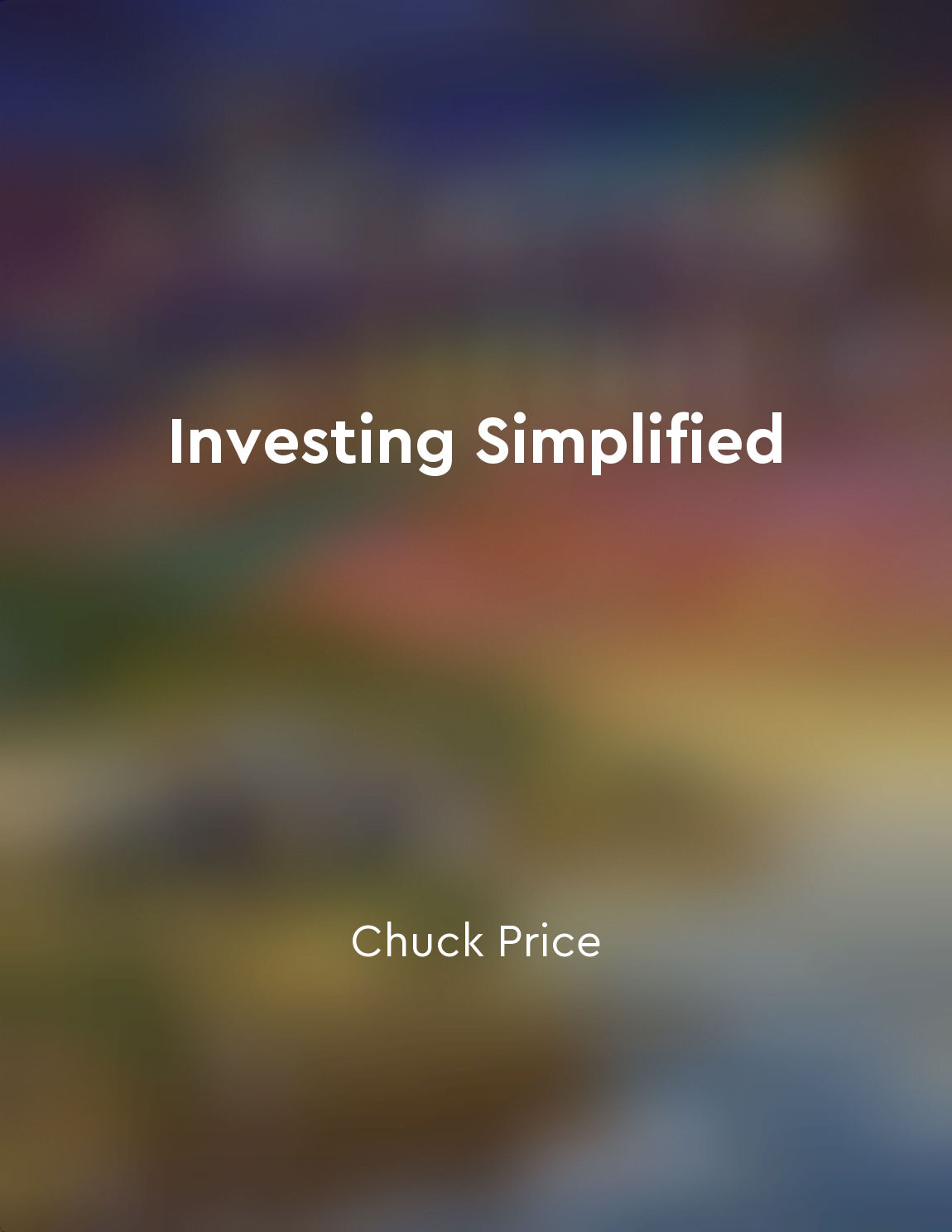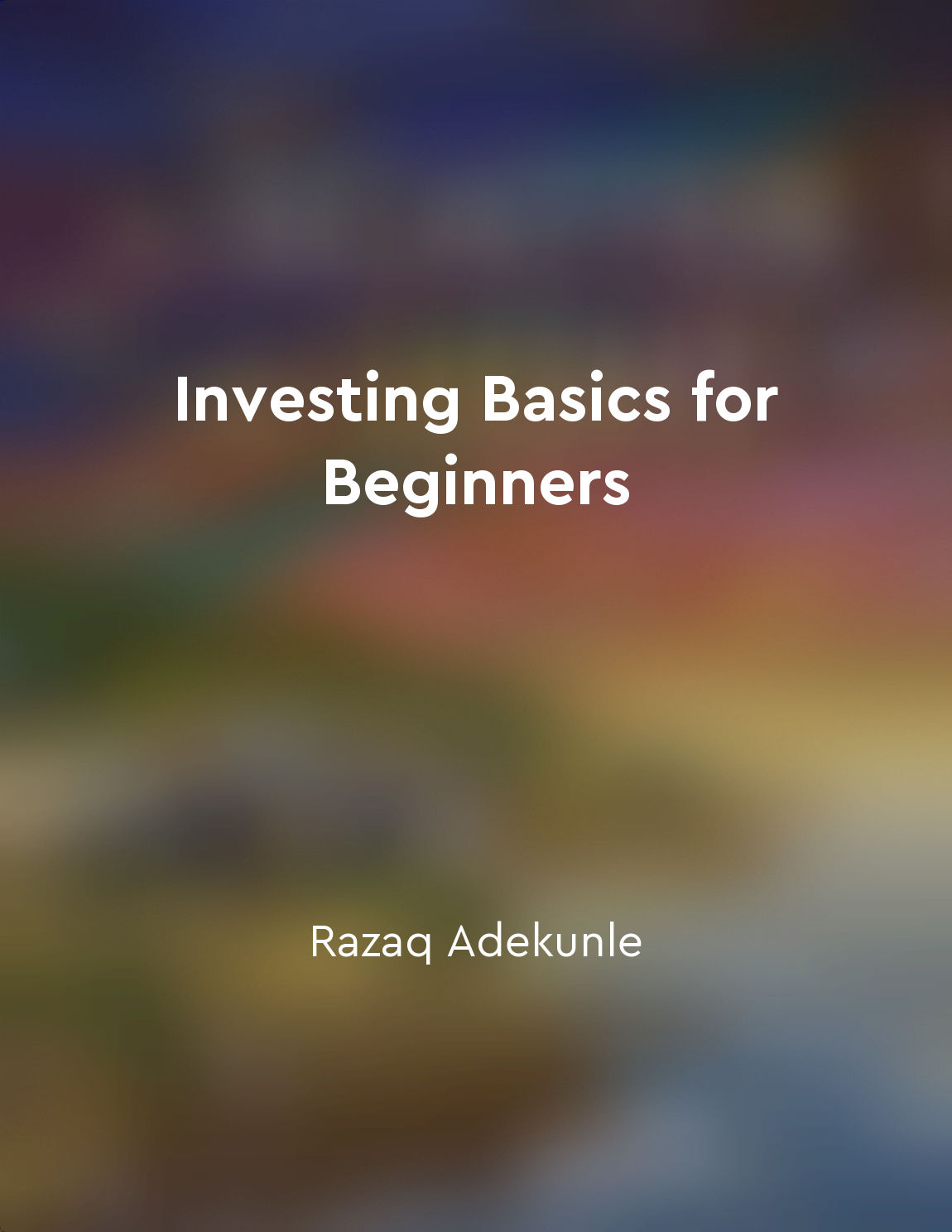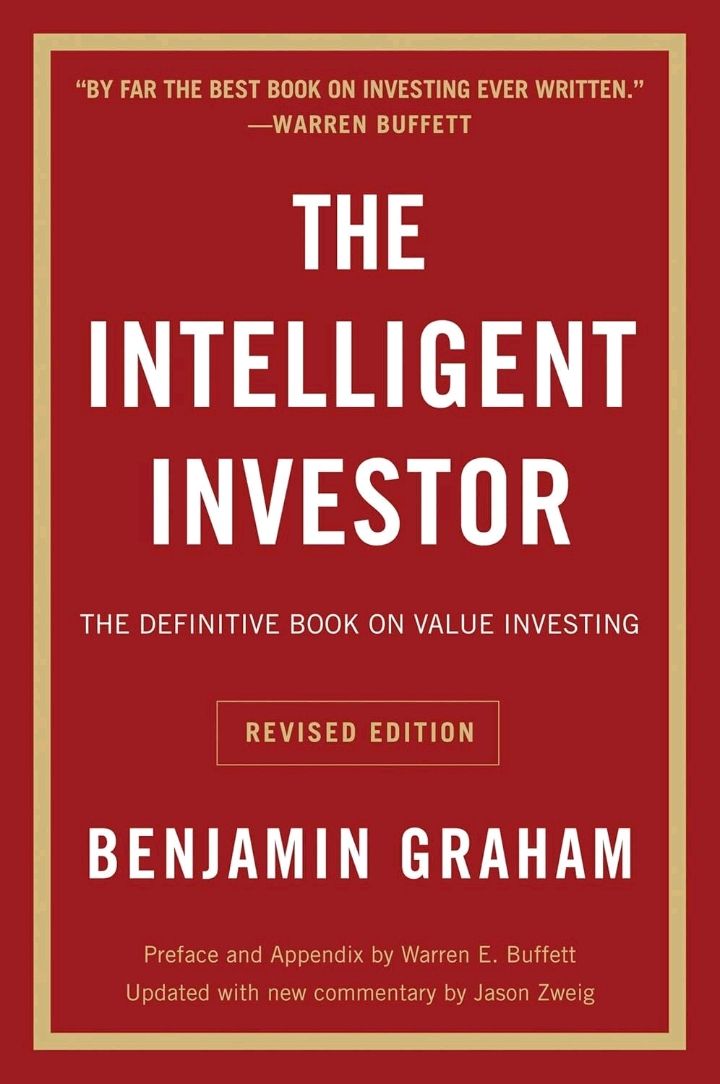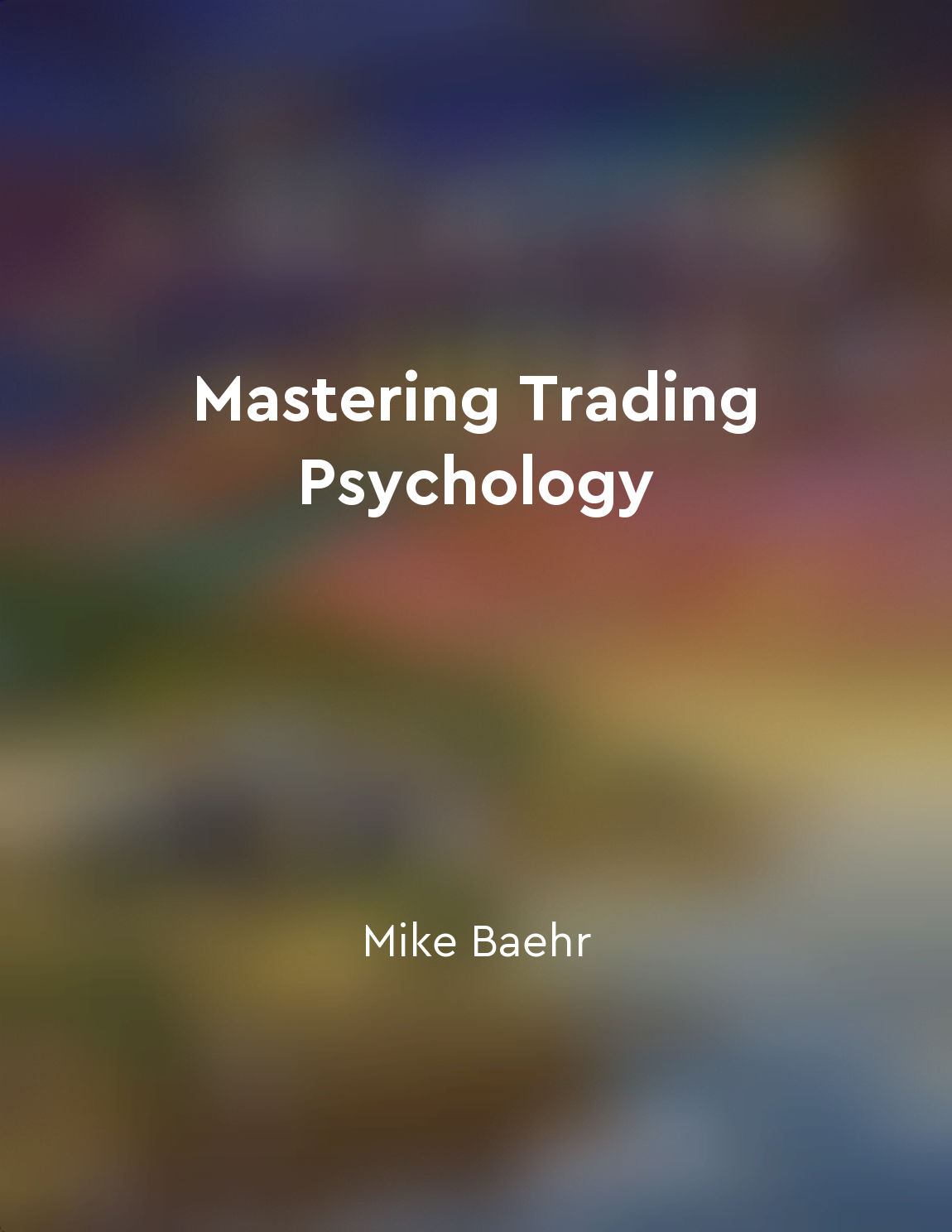Active trading can lead to high costs and poor returns from "summary" of Random Walk Guide To Investing by Burton G Malkiel
Active trading, or frequent buying and selling of securities, is a popular strategy among investors looking to outperform the market. However, this approach often comes with high costs and disappointing returns. The costs associated with active trading can quickly add up, eating into potential profits and eroding overall returns. One of the primary costs of active trading is commissions, which are fees charged by brokers for executing trades. These fees can vary depending on the broker and the size of the trade, but they can quickly accumulate, especially for investors who trade frequently. In addition to commissions, active traders may also incur other costs such as bid-ask spreads, which are the difference between the buying and selling prices of a security. Another factor that can contribute to poor returns from active trading is the impact of taxes. When investors buy and sell securities frequently, they may trigger capital gains taxes, which can reduce their overall returns. In addition, frequent trading can also lead to higher short-term capital gains tax rates, further eating into potential profits. Beyond the financial costs, active trading can also be detrimental to investment performance. Research has shown that the more frequently investors trade, the lower their returns tend to be. This is because active trading can lead to higher levels of emotional decision-making, which can cloud judgment and lead to impulsive and poorly thought-out investment decisions.- While active trading may seem like an attractive strategy for investors looking to beat the market, it often leads to high costs and poor returns. By taking a more passive approach to investing and focusing on long-term goals, investors can potentially achieve better results with lower costs and less stress.
Similar Posts

Take advantage of taxadvantaged accounts
Tax-advantaged accounts are a gift from the government to help you grow your money faster than you could in a regular investmen...

Setting clear financial goals is crucial
When embarking on your investment journey, it is essential to establish clear financial goals. These goals serve as a roadmap t...

Follow a disciplined investment strategy
The key to successful investing lies in following a disciplined strategy. This means establishing a plan and sticking to it, re...
Rebalance your portfolio regularly
Regularly rebalancing your portfolio is crucial to maintain your desired asset allocation and risk level. Asset classes don't m...

Continuously learn and grow as a trader
As traders, it is essential to understand the importance of continuously learning and growing in our craft. The financial marke...
Money attitudes can change over time
As individuals move through different stages of life, their attitudes towards money are likely to shift. For example, a young a...

Learn to analyze market trends and patterns
To be successful in day trading, it is essential to develop the skill of analyzing market trends and patterns. This skill will ...
Emergency fund requirements
Emergency fund requirements are the most basic and essential part of financial planning. This is the money you set aside to tid...
Start with a clear understanding of your investment goals
Investing is a journey, and like any journey, it is essential to have a clear destination in mind before you set out. Your inve...
Think of investing as a means to achieve your financial goals
Investing is not an end in itself, but a means to an end. It is a tool that can help you achieve your financial goals, whether ...

